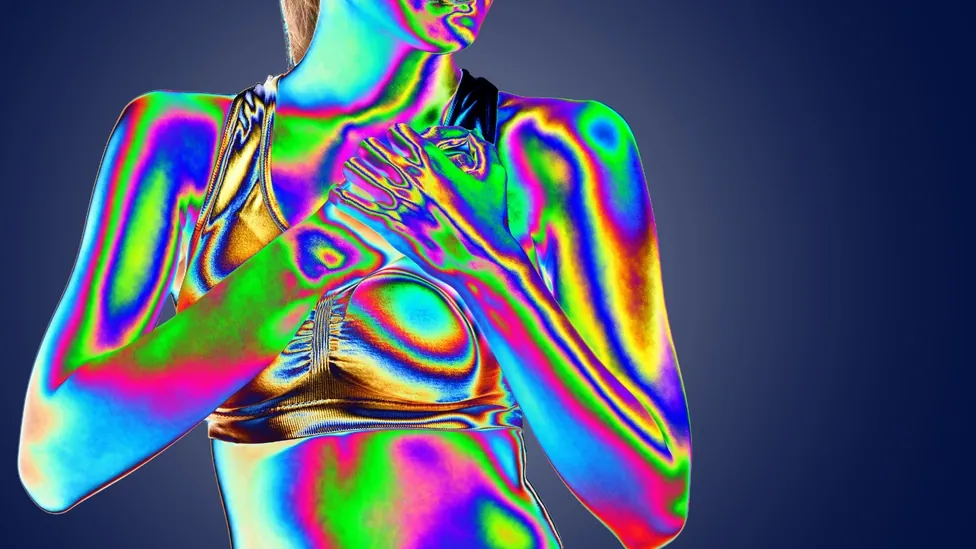Geneticists identify new genes that are associated with heart attack that primarily affect women under the age of 60

Highlights
- Heart diseases are the leading cause of death globally, responsible for 16% of global deaths annually.
- SCAD is a rare and potentially life-threatening heart disease that primarily affects women during middle age and hormonal changes.
- SCAD occurs when a tear forms in the coronary artery wall, creating a false channel for blood flow.
- Recent research identified 16 genes associated with SCAD, involved in cell adhesion and blood clotting.
- Some genes linked to SCAD provide genetic protection against conventional coronary artery disease (CAD), with high blood pressure being a shared risk factor.
Heart diseases are a group of diseases that affect the heart. They are the leading cause of death globally and this is increasing yearly. As of 2019, every year close to 9 million people die of heart disease which accounts for 16% of global deaths. As such understanding the physiology of heart diseases is paramount to counter this global problem.
SCAD, or Spontaneous Coronary Artery Dissection, is a rare and potentially life-threatening heart disease that affects the blood vessels supplying the heart. It occurs when a tear or separation forms within the layers of the coronary artery wall, leading to the formation of a false lumen or channel where blood can flow. Unlike traditional coronary artery disease, which is often caused by a buildup of plaque within the arteries, SCAD typically affects individuals without significant risk factors for heart disease, such as atherosclerosis or high cholesterol. The exact cause of SCAD is still not fully understood, but it is believed to involve a combination of factors, including changes in the arterial wall structure and hormonal influences 12.
SCAD predominantly affects women, particularly during middle age and around the time of hormonal changes, such as during pregnancy or in the postpartum period (after childbirth). Little is known about why and how SCAD happens in otherwise healthy people.
In a study recently published in Nature Genetics, geneticists presented a genome-wide association meta-analysis of SCAD 3. The researchers studied the genes of 1,917 people with SCAD and 9,292 people without SCAD who have European ancestry. They discovered 16 genes that make a person more likely to have SCAD. These genes are broadly responsible for how our cells and connective tissues stick together and how blood clots when there is bleeding in the body.
The researchers made an interesting discovery. They found that some of the genes that increase the risk of SCAD are also associated with conventional coronary artery disease (CAD), but they have the opposite effect. This means that people with SCAD have genetic protection against CAD. This finding supports the idea that these diseases are distinct and not the same. The only shared genetic risk factor seems to be high blood pressure.
References
- Nisha Giyanani and Sumit Som, The Many Faces of SCAD. Cardiovascular Revascularization Medicine. 23, 100-106 (2021).
- Sharonne N. Hayes et al., Spontaneous Coronary Artery Dissection. Journal of the American College of Cardiology. 76, 961-984 (2020).
- David Adlam et al., Genome-wide association meta-analysis of spontaneous coronary artery dissection identifies risk variants and genes related to artery integrity and tissue-mediated coagulation. Nature Genetics. (2023).
